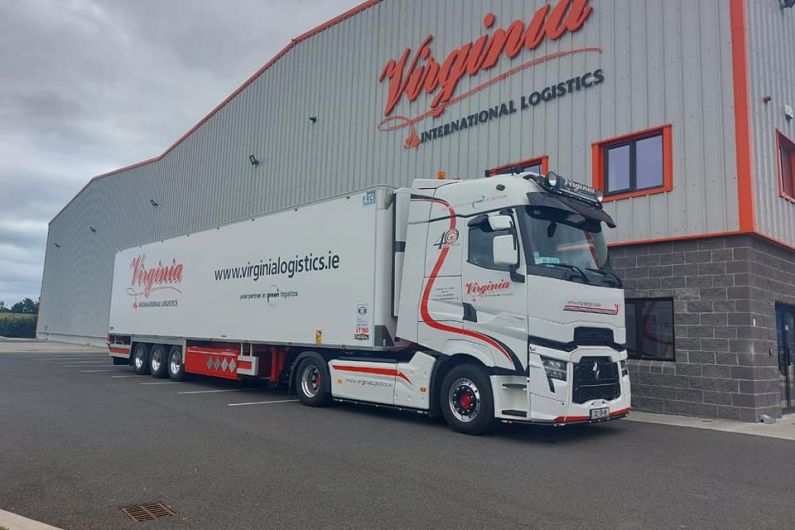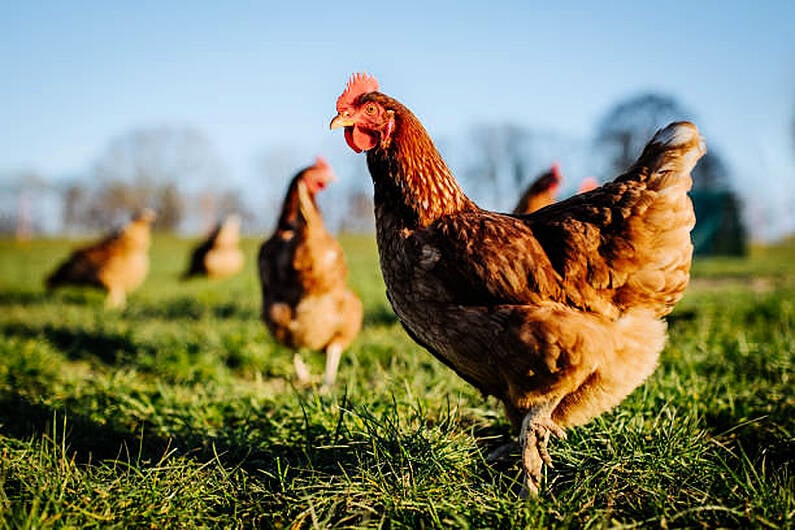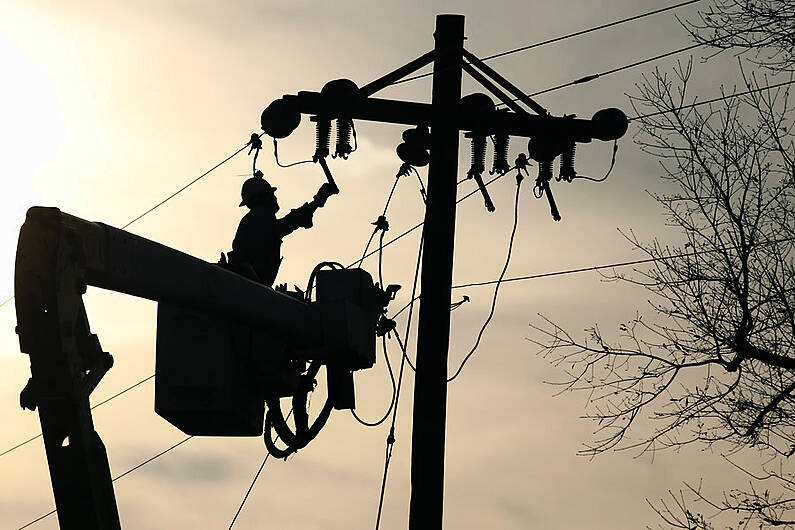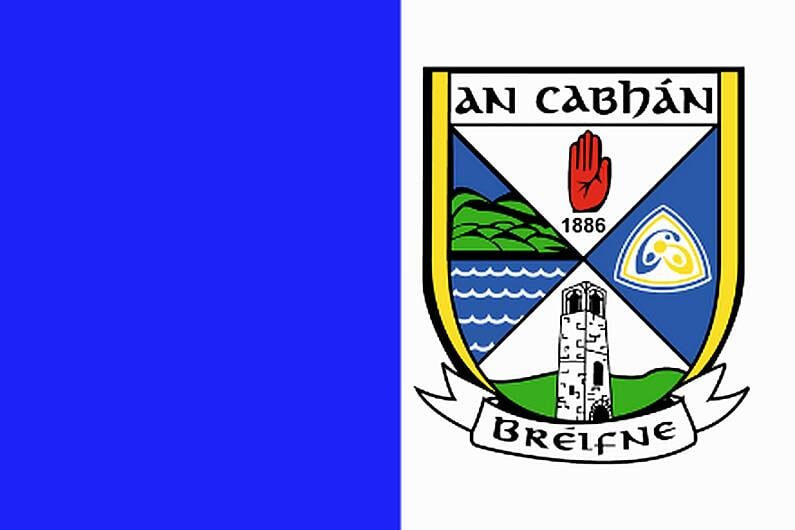Gas Networks Ireland and Virginia International Logistics have taken another step forward in reducing emissions from Ireland's transport industry with the opening of Cavan's first Compressed Natural Gas (CNG) refuelling station. CNG is natural gas that has been compressed to fit into a vehicle's tank and is available for heavy goods and commercial vehicles, while BioCNG is its certified renewable gas equivalent.
Speaking as she officially opened the new CNG refuelling station in Virginia, Minister for Social Protection and Minister for Rural and Community Development, Heather Humphreys said Ireland faces a significant challenge to meet its emission reduction targets, particularly in the transport sector, as it currently accounts for 42% of Ireland's energy use, making it the country's largest source of energy demand. According to Minister Humphreys, this new CNG refuelling station allows hauliers and fleet operators in Cavan and the North-East region to begin the journey to sustainable transport and supply chains by switching their fuel from diesel. She added that she is "especially" excited that a Cavan grown, and now international transport business, employing more than 400 staff with over 130 trucks on the road, is to the fore in helping Ireland transition to a cleaner energy future by providing a low carbon fuel alternative to diesel.
James Cole, responsible for BioCNG at Virginia International Logistics, said; "This is the latest low carbon milestone for us. Transport is changing and we are proud to be leading the way in moving Ireland to a cleaner energy future, particularly as we see increasing demand from customers for more decarbonised supply chain solutions. Being able to offer a lower-carbon transport solution is a strong differentiator for any business and it demonstrates a focus on sustainability when tendering for new business. Thanks to having BioCNG compatible vehicles in our fleet, we are in a position where we can provide customers with route assessments and advise on the optimal route for emissions savings per pallet of goods moved or kilometre travelled."





